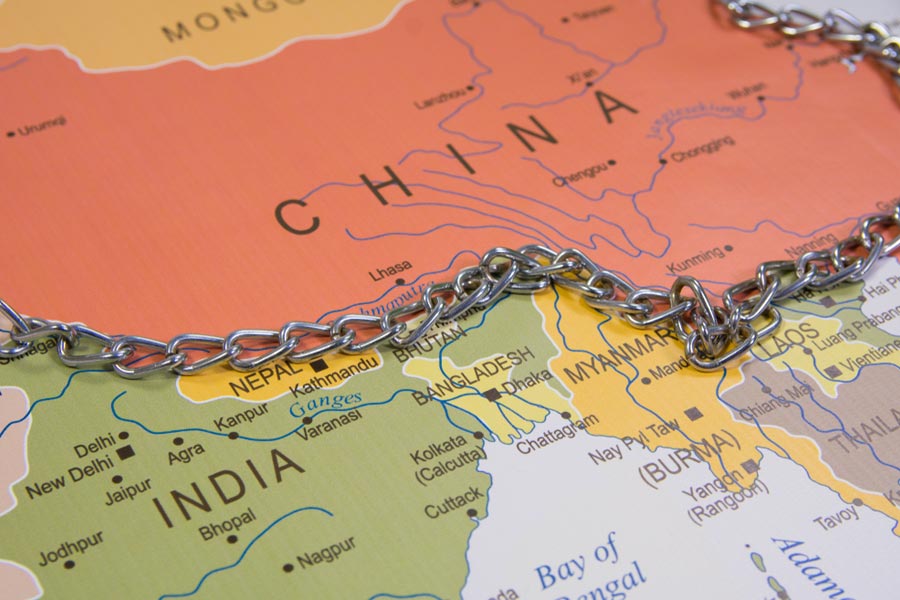The Scottish government said on Sunday that it would review the treatment of trans prisoners and introduce measures to prevent transgender people with a history of violence against women from being sent to female prisons.
During the review process, no newly convicted transgender prisoner with a history of violence against women would be placed in a female prison in Scotland, and no transgender person already in custody would be moved from a male prison to a female one.
"We must not allow any suggestion to take root that trans women pose an inherent threat to women. Predatory men are the risk to women. However, as with any group in society, a small number of trans women will offend and be sent to prison," Justice Secretary Keith Brown, said in a statement.
"I hope that the measures ... will offer reassurance in the ongoing ability of the prison service to manage trans individuals and ensure the safety of all prisoners," he added.
Public outrage over Isla Bryson case
On Thursday, Scotland's First Minister Nicola Sturgeon said that a transgender woman who raped two women before beginning to transition will not be sent to Scotland's only all-female prison.
31-year-old Isla Bryson, previously known as Adam Graham, was convicted at the High Court in Glasgow on Tuesday of raping one woman in 2016 and another in 2019.
Bryson, who claimed during the trial to have decided to transition gender aged 29, was reportedly due to be held at Cornton Vale women's prison ahead of sentencing next month, stirring widespread public anger.
Dispute between Edinburgh and London
Sturgeon's devolved government passed legislation last month to make it easier for people to self-identify their gender, sparking a dispute with the British government.
The bill supports a self-identification process for changing gender and a lower minimum age. However, the UK government has blocked the law from obtaining royal assent, citing the potential negative impact on UK-wide equalities legislation, and setting up a legal showdown between the two governments.










